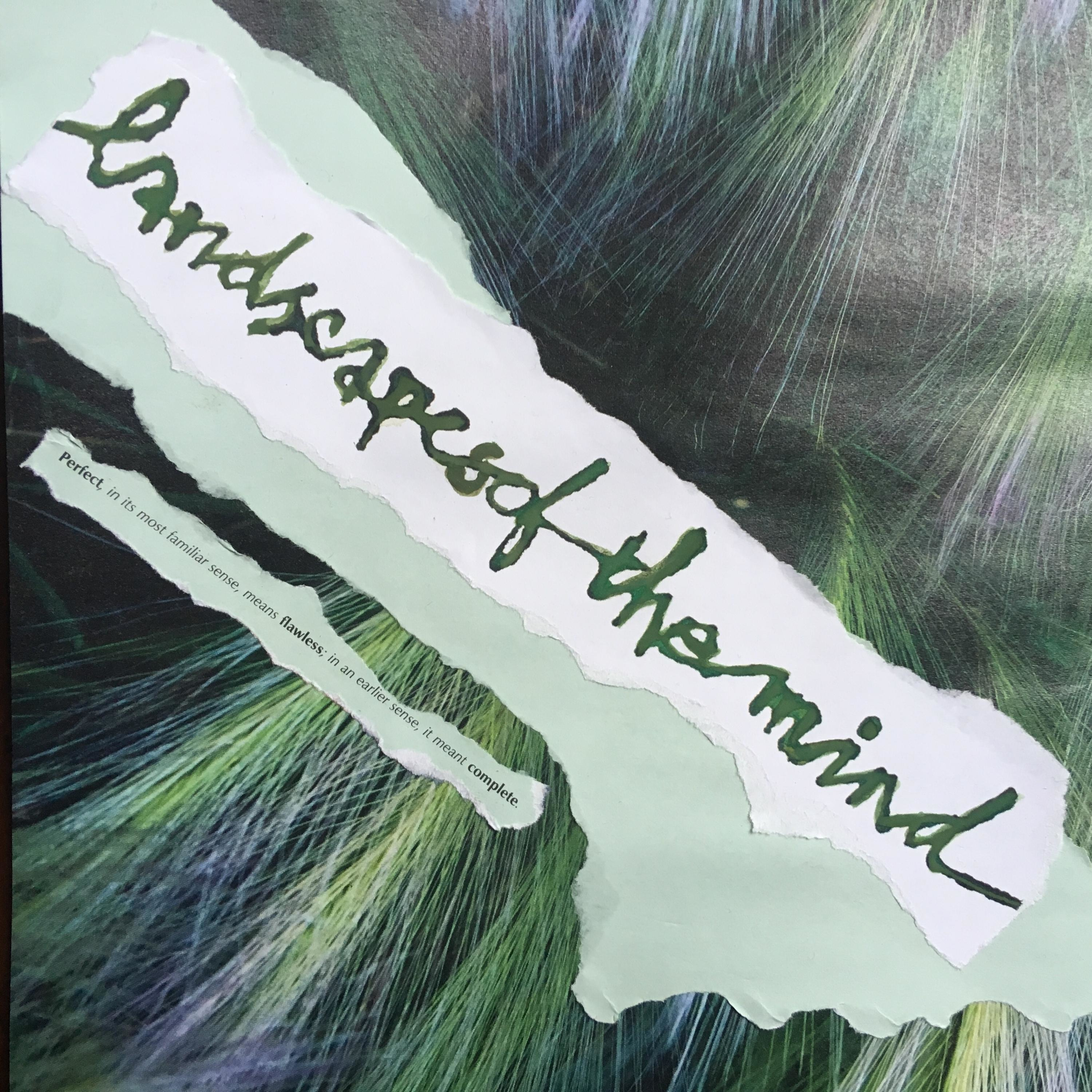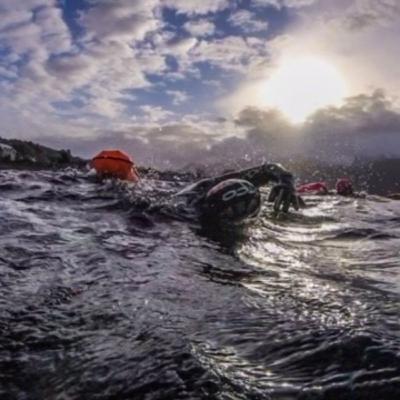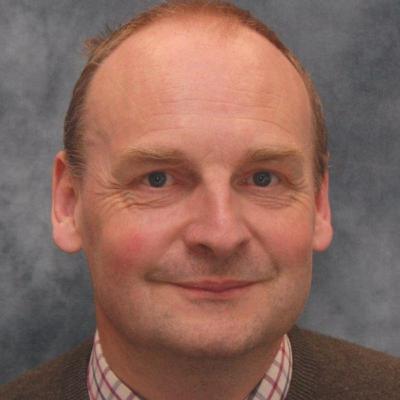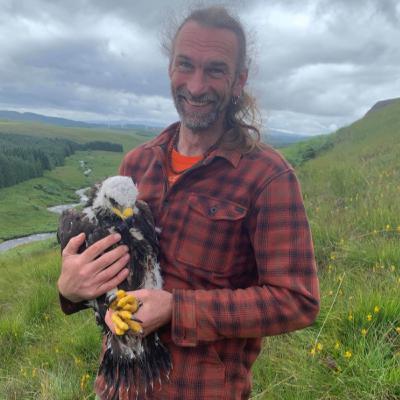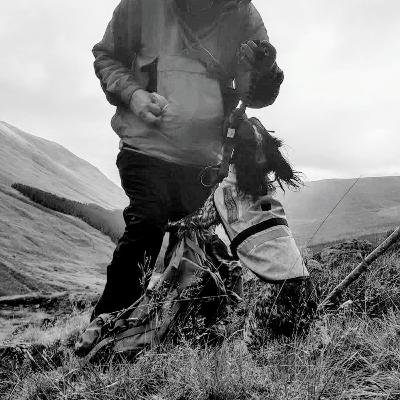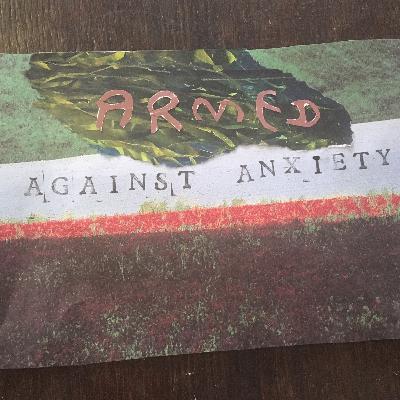Landscapes of the Mind
Subscribed: 1Played: 4
Subscribe
© Landscapes of the Mind
Description
Join us for short journeys through landscapes of the mind.
Each episode is a personal story about how shame and stigma can cost lives.
Every story speaks in some way about the burden that is lifted when we are able to do the hardest thing: to ask for help. Society tells us it is brave and strong to stay silent, but actually the most courageously vulnerable thing to do is to ask for and accept support when you need it. Even if it is from your dog!
Content note: people share experiences of suicide, depression and anxiety and recovery from traumatic accidents at work.
Each episode is a personal story about how shame and stigma can cost lives.
Every story speaks in some way about the burden that is lifted when we are able to do the hardest thing: to ask for help. Society tells us it is brave and strong to stay silent, but actually the most courageously vulnerable thing to do is to ask for and accept support when you need it. Even if it is from your dog!
Content note: people share experiences of suicide, depression and anxiety and recovery from traumatic accidents at work.
5 Episodes
Reverse
Comments

